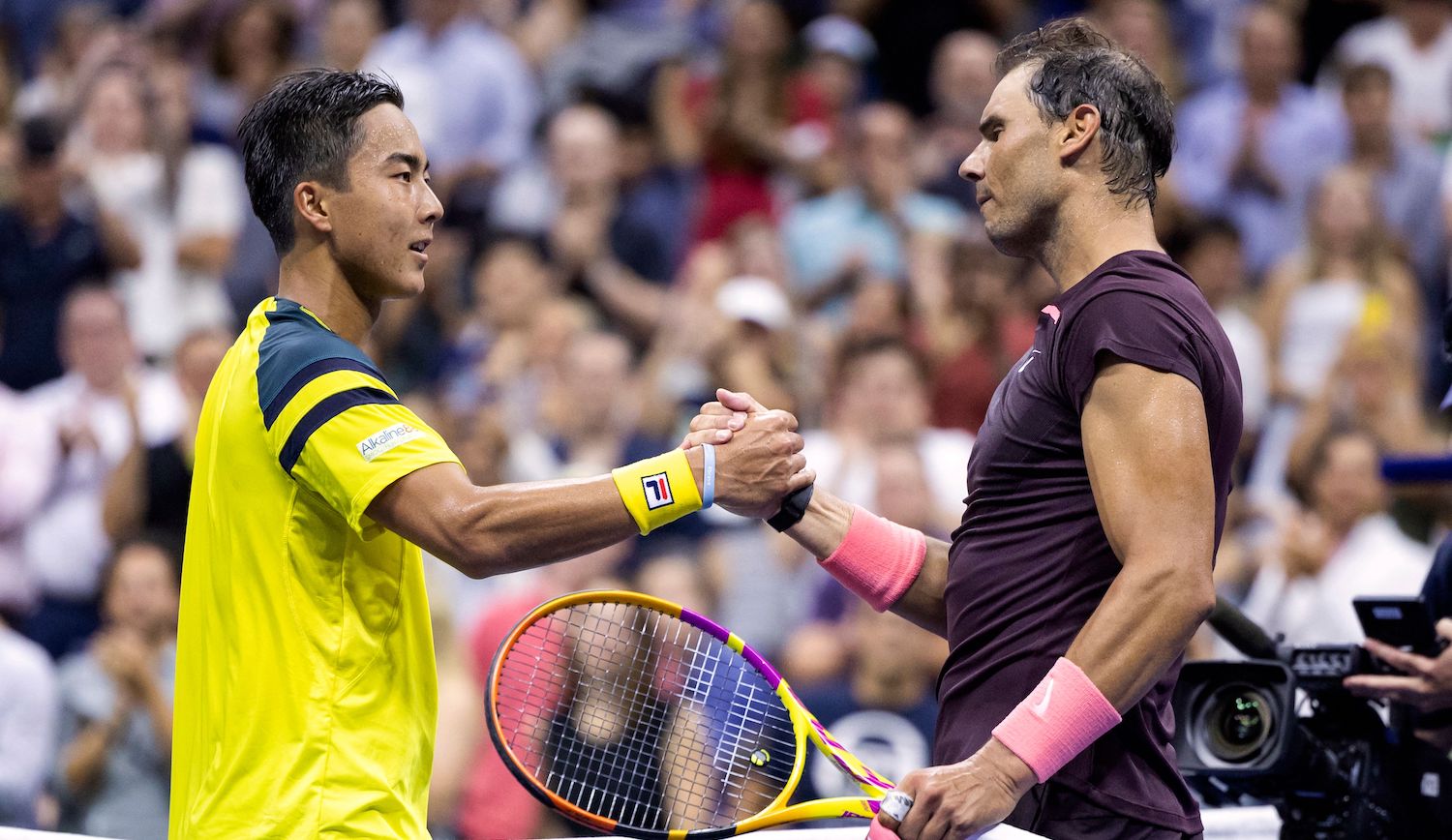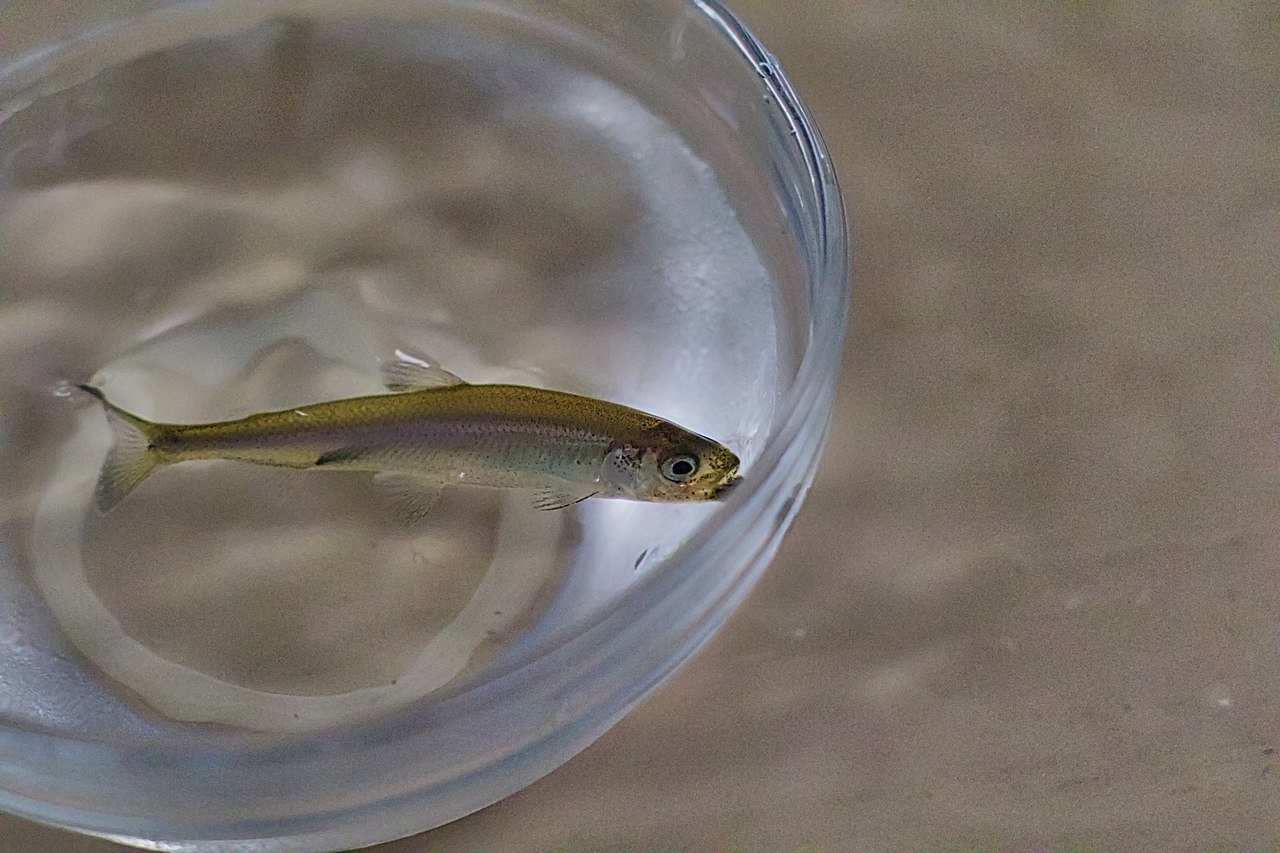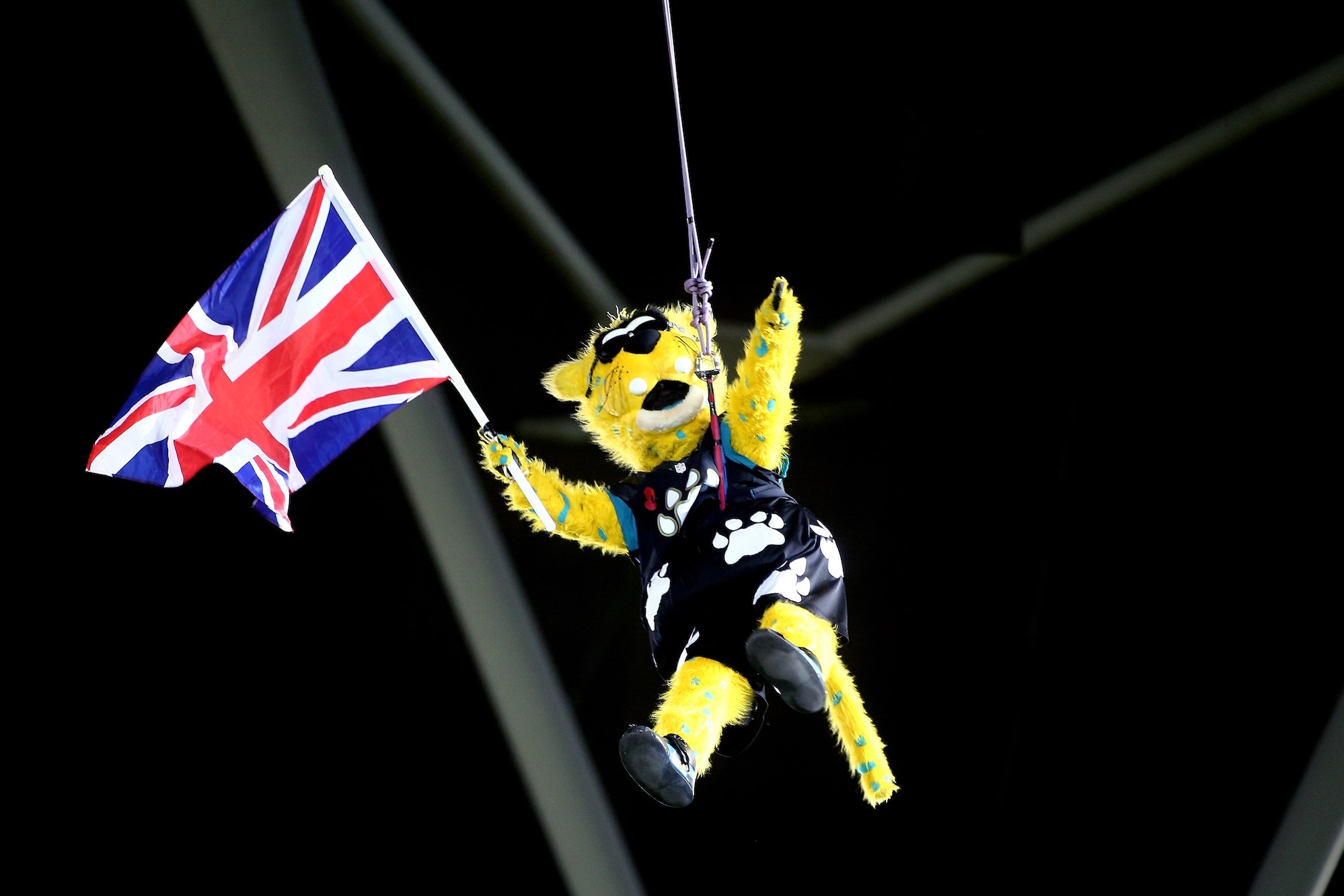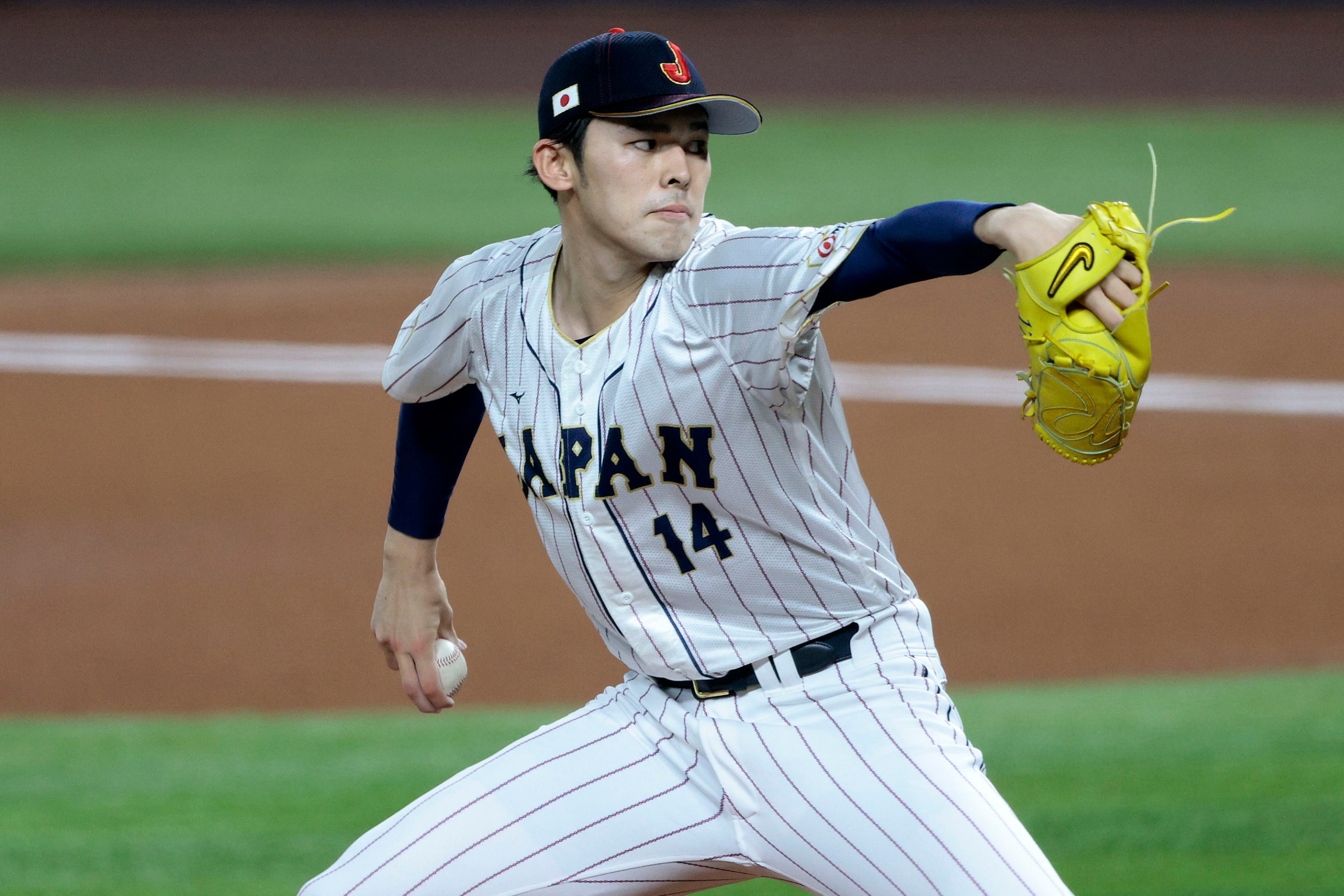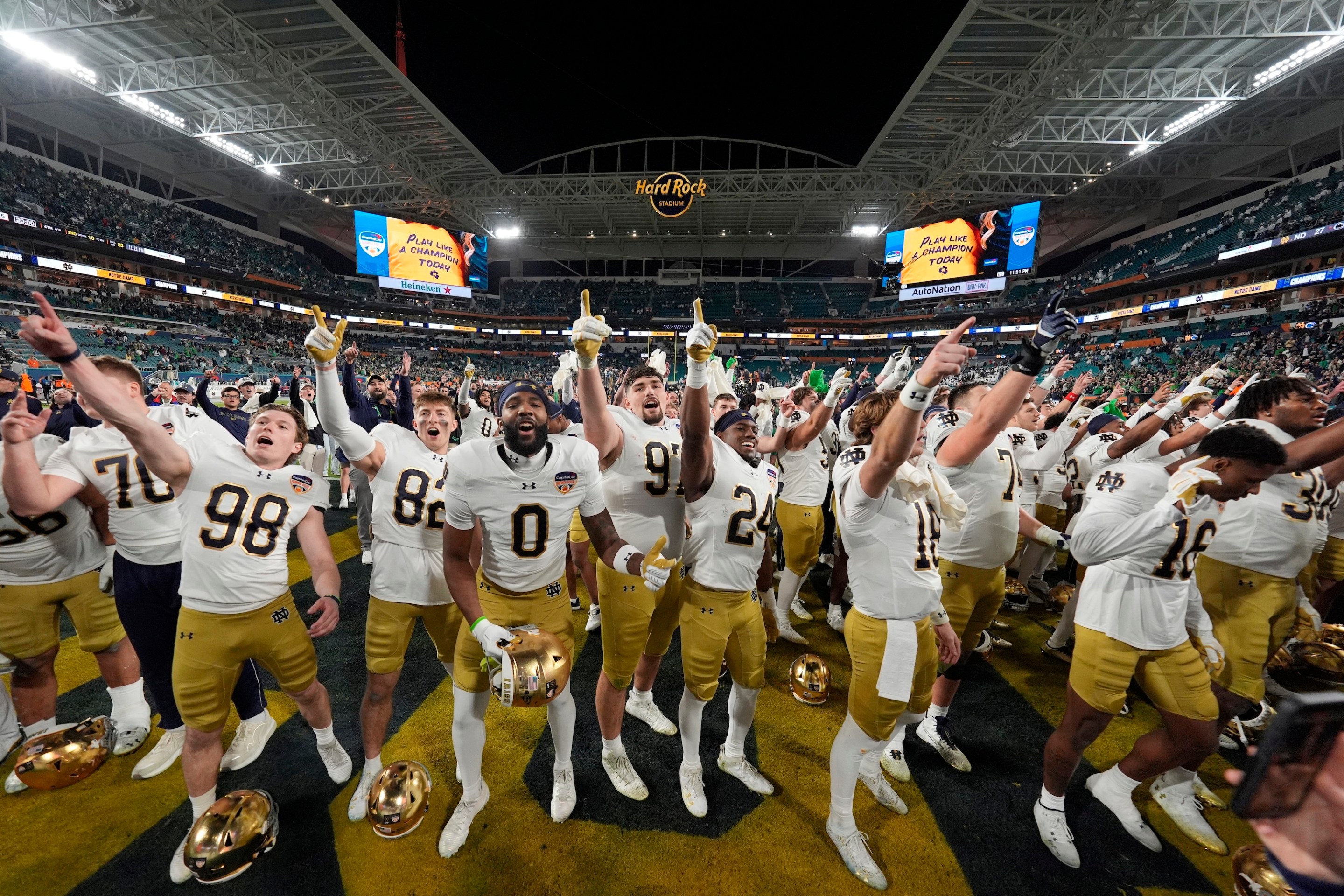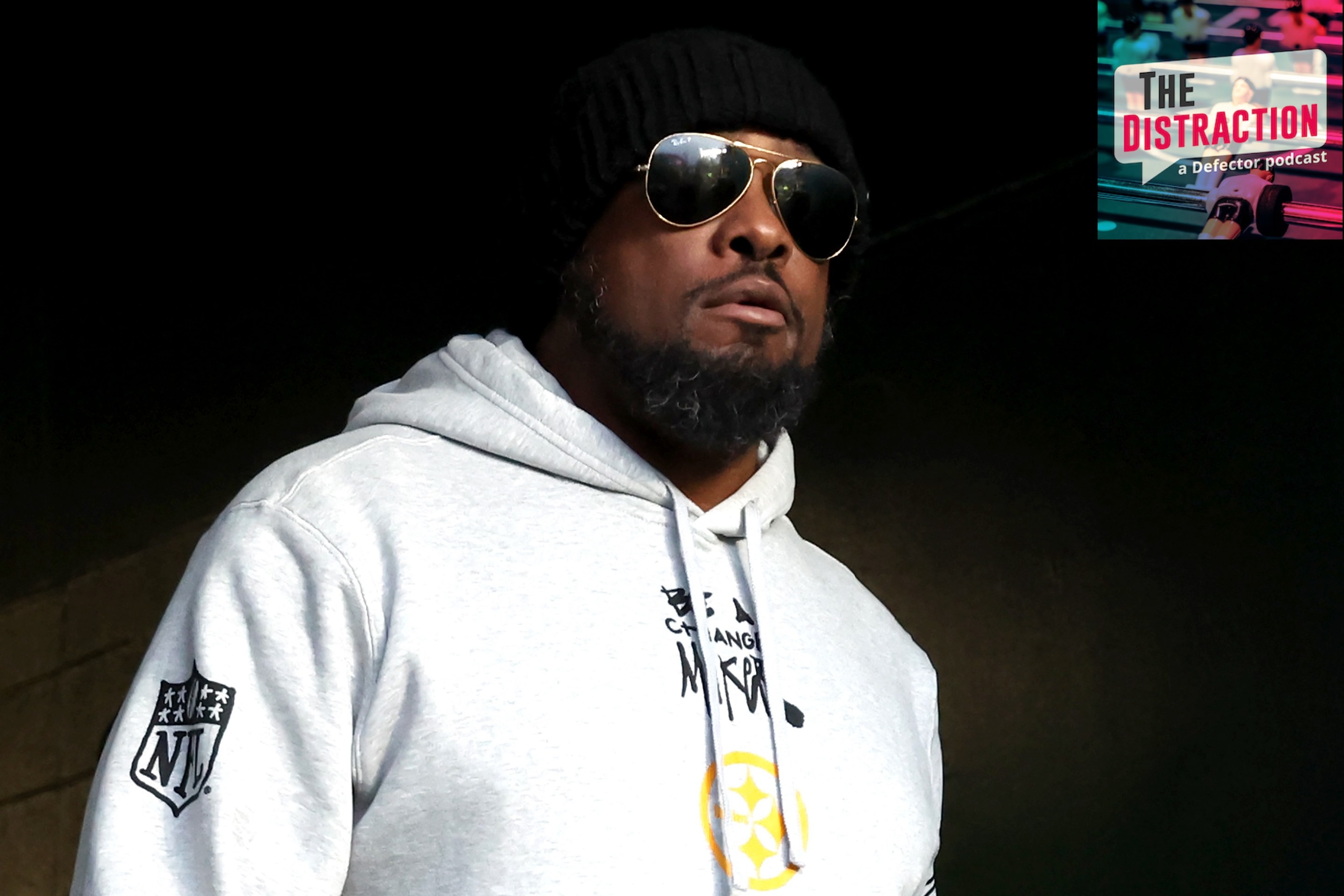Rafael Nadal has dominated this season's Grand Slams, winning every single one of the 20 matches he's played, taking two championships, and falling short at Wimbeldon only because he scraped up against the limits of what a human body can endure. He is back in New York this month for his first U.S. Open since winning the 2019 edition over that goofy-looking gamer Daniil Medvedev, and he's looking healthy and ready to make another run. Though the best tennis qua tennis of a Grand Slam comes in the later rounds, when the game's titans smack against each other in physical and mental combat, the early rounds are also extremely entertaining. For the right to advance and take another swing at history, Nadal had to tangle with an Australian guy named Rinky Hijikata playing in his first-ever Grand Slam match. The match turned out to be pretty great.
Hijikata is a 21-year-old former UNC Tar Heels star who broke into the top 300 this season and earned a wild-card berth at the U.S. Open thanks to some strong play at a recent tournament in Mexico. His reward for finally making a Grand Slam after several near-misses in qualification rounds was a date with Nadal, and Hijikata rose to the moment on Tuesday. As he is 5-foot-10 and not as powerful as the true boomers on the Tour, Hijikata relies on a strong serve and a crafty net game, and he came out on fire against Nadal. He regularly rushed the net and put away quick points, and he won the first set with an ace. Nadal had never lost the first set of a U.S. Open before, and Hijikata took it from him with some real flair.
Know the name: Rinky Hijikata.
— US Open Tennis (@usopen) August 31, 2022
The 🇦🇺 takes the first set over Nadal, 6-4. pic.twitter.com/TamN3zFBKJ
I don't think you will be too surprised to learn that Hijikata's magic ran out. As thrilling as upsets like Daniel Elahi Galán's win over Stefanos Tsitsipas are, they are the exception. Nadal has only ever lost twice in the first round at a Grand Slam, which is the sort of ironclad dominance you'd expect from someone as mentally locked-in as him. If most early upsets happen because the higher-seeded player overlooks their opposition, then Nadal is more insulated by brainpower than his colleagues in the top 30. Yet even though Tuesday's result felt ordained after Nadal took the second set, 6-2, Hijikata fought as hard as he could. Nadal began hitting hard shots right on the line, forcing Hijikata to sprint and lunge and fight to his limit. He was clearly overmatched and headed toward defeat, which is maybe why the pro-Rafa crowd so enthusiastically toasted his triumphs. The moment was not too big for him.
Rinky Hijikata is testing Rafael Nadal and the crowd is loving it 🤩 #USOpen pic.twitter.com/3hDSbV5YxZ
— ESPN (@espn) August 31, 2022
Nadal admitted after the match that he was still getting used to playing at full intensity after recovering from his abdominal injury, and that it took him a set to get comfortable playing at Arthur Ashe again. That doesn't take anything away from Hijikata's performance, and perhaps the best endorsement of its quality was that he forced Nadal to push himself; the shot that Nadal hit to win the match profaned the laws of geometry.
